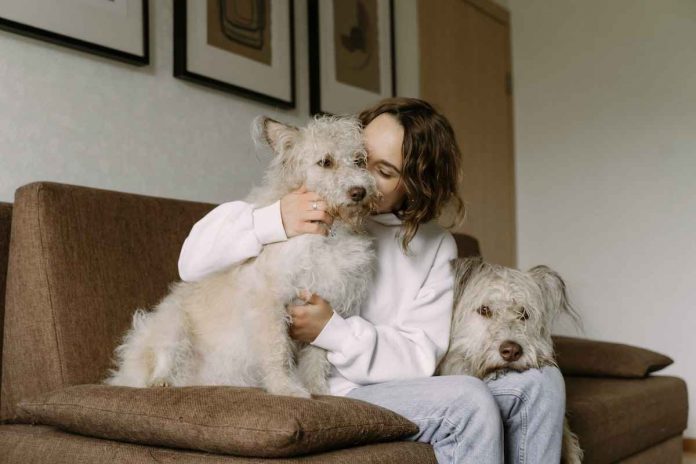Introduction: Many retirement communities allow residents to have pets as long as the pet owner can consistently care for the pet. They typically have basic rules, such as a limit on the number of pets, proof of vaccinations, species, breed, and some regulations. Pet-friendly retirement homes encourage seniors to keep the companions they love. The bond between the owner and the health benefits of owning pets are well understood. For others, a community allowing pets may open the chances of procuring one in the future. Having pets around adds a different aspect to a community as everyone takes care of each other.
Yes, Pets are allowed in assisted living facilities with proper pet assessment, ensuring some factors such as the owner can take care of the pet and the pet is harmless to the residents. It is not a threat to the owner or others who live there.
- Standard Rules Regarding Pet-Friendly Assisted Living Facilities
If you want to keep your pet with you in the retirement community, you need to follow some specific rules, such as:
- There might be some charges which can be paid one time or monthly to keep a pet in a retirement home.
- The Pet limit per resident will be applicable.
- Your pet should be hygienic. You should give it regular baths and cleaning.
- Vaccinations must be up to date, and if the pet gets sick, it should be taken immediately to the doctor.
- All residents must strictly follow hand hygiene before and after contact with the pet.
- The pet should be trussed appropriately in case someone visits.
- It would be best if you separately store pet food containers and utensils.
- The facility might have breed or weight restrictions and prohibitions for undomesticated or fierce animals.
- Major Benefits of Pets Allowed in Retirement Homes
- Help Residents Stay More Active: Some studies have shown that pet ownership promotes health and fitness by increasing physical activity. It’s a fact that seniors who keep pets are more engaged in physical activity, such as going for morning or evening walks with their pets, which increases joint movements.
- Maintain a Sense of Purpose: For senior residents, a pet might be the only purpose for living. They get a reason to live following a daily routine and schedule as a pet needs care. They find meaning and a sense of purpose. It can be a way to meet and socialize with people who also have pets.
- Provide Companionship: Pets provide unconditional trust and companionship to senior-age people. For example, dogs and cats quickly get trained, understand emotions, and make great companions because of their love, loyalty, protection, and friendship. They give a feeling of safe and secure living. For many old-age residents owning a pet to engage helps to maintain their quality of life; otherwise, just waiting each day and spending time for meals and bedtime makes their life meaningless. Loneliness in old age can often lead to depression, but with the unconditional love of a pet, their companionship gives a sense of purpose to their lives.
4. Things to Consider When Taking a Pet to Assisted Living
- Maintenance costs: Apart from the fees or charges you need to pay when inside an assisted living with pets, pet care also includes additional costs such as Grooming,veterinary visits, Medications, etc. Sometimes due to sudden emergencies, your expenses will arise unexpectedly. For example, you must spend on expensive treatments if the pet gets injured in an accident and suddenly gets ill. Owning and caring for pets is not so cheap.
- Pet Care: Pets need to go for visits to the veterinarian regularly. Assisted Living facilities encourage their residents to be independent. You should be capable of taking substantial care of a Pet in Assisted Living.
Conclusion: In affirmation of the ever-growing culture of keeping pets and their benefits to senior health and wellness, many retirement communities adopted pet-friendly policies to accommodate seniors and their pet companions. Pets are incredibly precious to seniors as they provide them with love, affection, and physical and psychological benefits.




